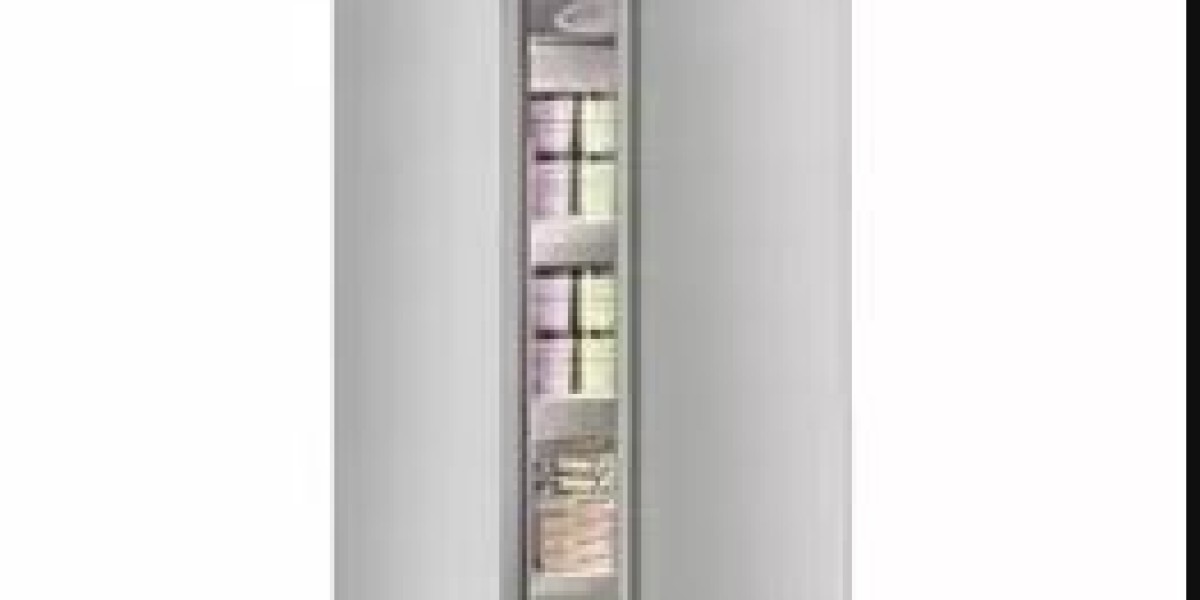Industrial Dust Collectors: Advancing Air Quality and Workplace Safety
Introduction:
In industrial settings, airborne dust and particles pose significant risks to both workers and equipment. Industrial dust collectors play a crucial role in maintaining a clean and safe working environment by effectively capturing and removing harmful airborne contaminants. With advancements in technology, industrial dust collectors
have evolved to offer higher efficiency, improved filtration capabilities, and enhanced sustainability. In this blog post, we will delve into the world of industrial dust collectors, exploring their technology, benefits, and the transformative impact they have on air quality and workplace safety.
Efficient Dust Collection and Filtration:
Industrial dust collectors employ powerful suction mechanisms to capture dust and particles generated during various industrial processes. These collectors utilize advanced filtration systems, such as cartridge filters or baghouse filters, to effectively trap and contain the contaminants. High-efficiency filters remove even fine particles, ensuring cleaner air and minimizing the risk of respiratory issues for workers.
Different Types of Dust Collectors:
The industrial dust collector market technology offers a range of options tailored to specific applications and industries. Some common types include cyclone dust collectors, electrostatic precipitators, wet scrubbers, and fabric filter dust collectors. Each type has its own unique features and advantages, catering to different dust collection needs and ensuring optimal performance in various industrial environments.
Advanced Monitoring and Control Systems:
Modern industrial dust collectors are equipped with sophisticated monitoring and control systems to optimize performance and efficiency. These systems continuously monitor factors such as airflow, pressure, and filter conditions. Real-time data analysis enables operators to detect and address issues promptly, ensuring uninterrupted operation and reducing downtime.
Enhanced Safety Features:
Industrial dust collectors prioritize workplace safety by incorporating advanced safety features. These may include explosion-proof designs, fire prevention measures, spark detection and extinguishing systems, and anti-static properties. These safety features help mitigate the risk of dust-related accidents and protect both personnel and equipment.
Energy Efficiency and Sustainability:
Sustainable practices and energy efficiency are key considerations in industrial operations. Industrial dust collectors have evolved to minimize energy consumption through the use of variable speed drives, intelligent control systems, and optimized airflow designs. Additionally, the integration of eco-friendly materials and the implementation of recycling initiatives contribute to a more sustainable approach to dust collection.
Compliance with Environmental Regulations:
Stricter environmental regulations and standards have compelled industries to adopt effective dust control measures. Industrial dust collectors play a vital role in helping companies meet these regulatory requirements by effectively removing and containing harmful particles. Compliance with environmental regulations not only ensures a safer workplace but also safeguards the surrounding environment.
Modular and Customizable Designs:
Industrial dust collectors offer modular and customizable designs to accommodate varying operational needs. This flexibility allows for easy integration into existing systems and enables scalability as businesses grow. Additionally, customizable features cater to specific dust collection requirements, such as high-temperature applications, corrosive environments, or explosive dusts.
Maintenance and Servicing Considerations:
Proper maintenance and servicing are essential for the optimal performance and longevity of industrial dust collectors. Manufacturers provide guidance on regular cleaning, filter replacement, and equipment inspections to ensure continued efficiency and reliability. Scheduled maintenance and prompt servicing help minimize downtime and maximize the lifespan of the dust collectors.
Conclusion:
Industrial dust collectors are indispensable for maintaining clean and safe industrial environments. With their advanced technology, efficient dust collection and filtration capabilities, and focus on workplace safety and sustainability, these devices significantly contribute to improved air quality and enhanced worker well-being. By investing in modern industrial dust collectors, industries can protect their workforce, comply with regulations, and create a healthier and more productive work environment.
 " class="wow_main_float_head_img">
" class="wow_main_float_head_img">







